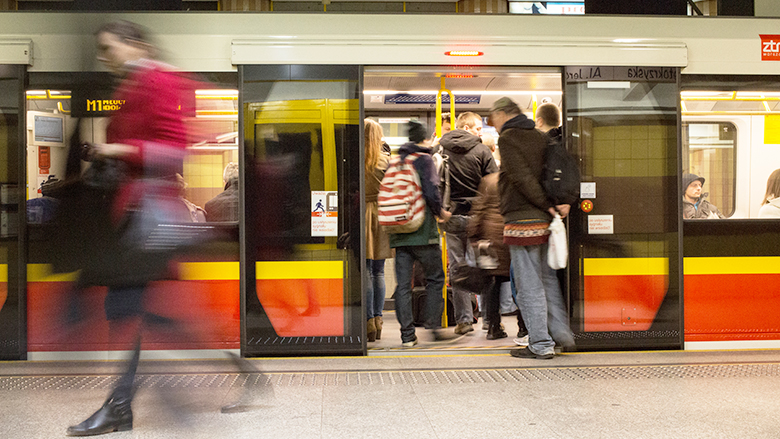The World Bank and the OECD Centre for Opportunity and Equality (COPE) co-organised this 2-day Conference at OECD Headquarters in Paris, France on 1-2 December, 2016.
1 December, 2016
The first day of the conference brought together an interdisciplinary group of international experts, policy-makers and stakeholders from OECD and emerging economies to gather evidence on whether, to what extent and why the middle-class is, or is perceived to be, lagging behind in many countries; what is driving the real or perceived changes in its economic performance; what is its economic and political influence and what policies work in reaching out to the middle-class.
The Canadian Minister for Family, Children and Social Development, Jean-Yves Duclos, gave the keynote speech and the OECD Chief of Staff and Sherpa to the G20, Gabriela Ramos, opened the event.
2 December, 2016
The conference was followed by a closed working session with experts from the World Bank, the European Commisssion, and the OECD – as well as academics. The challenges related to the middle class are naturally linked with other key issues including evolution of opportunity and equality, social mobility within and between generation.
Importantly, what implications do distributional tensions together with perceived inequality have on the social contract. Is the social contract in crisis? And what a new social contract could look like? The objective of the session will be to gain a deeper understanding; identify knowledge and data gaps, and start to build an inter-institutional collaboration on these topics.
